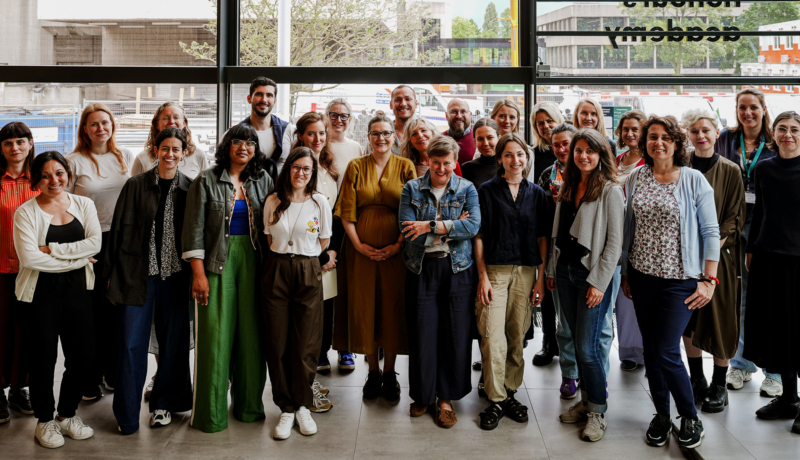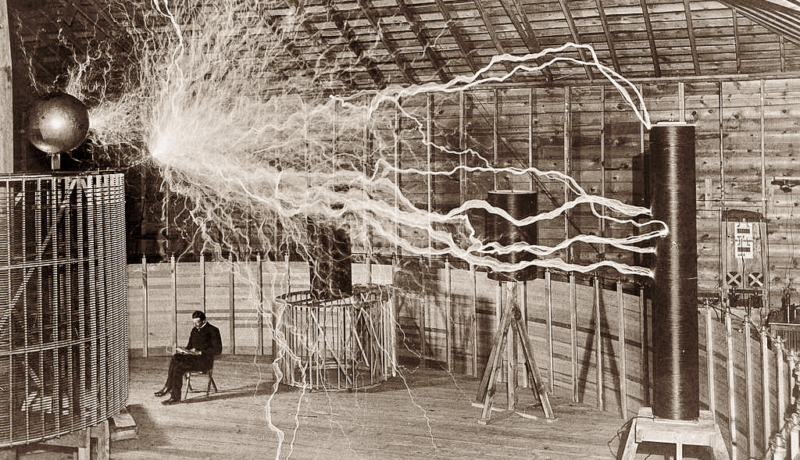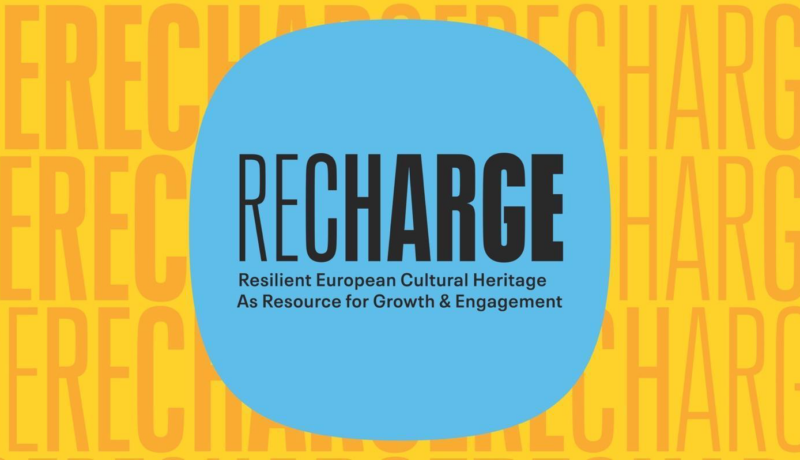RECHARGE – sustainable participatory business models for GLAM

Project team: Maria (Maja) Drabczyk, Zuzanna Ciesielska‚ÄźJanik, Natalia Cetera, Agnieszka SalamoŇĄczyk
Duration: October 2022 - September 2025
The RECHARGE project will support cultural heritage institutions in diversifying their funding through a replicable and sustainable participatory business model, to reinvigorate the sector and acquire the necessary tools for its future developments, both in the digital realm and onsite.
The European Union‚Äôs HORIZON Europe, the key funding programme for research and innovation within the EU, has awarded the project RECHARGE ‚ā¨ 2.9 million, to reinvigorate community participation as added economic value for cultural heritage institutions across Europe.
Starting from October 2022, The RECHARGE project will support cultural heritage institutions in diversifying their funding through a replicable and sustainable participatory business model, to reinvigorate the sector and acquire the necessary tools for its future developments, both in the digital realm and onsite.
The Covid-19 pandemic has highlighted the importance of social values and culture in connecting people in times of global crisis. It has also revealed the huge power cultural heritage institutions have to reach communities through new avenues of engagement. Cultural heritage institutions create social, cultural and economic value by enabling participation and co-creation. But the major challenge is in capitalising on this value by integrating it into the specific business model of each organisation. 
RECHARGE builds on new and existing communities, networks and relationships related to cultural heritage institutions, to engage them in participatory management through cultural heritage Living Labs. These labs will test and devise innovative ways to harness resources, to ensure the development of sustainable future business models, focused on the creation and integration of value within each institution and in the sector at large. The project introduces a holistic approach, where participation is seen as the key element in every aspect: from financing to planning and management, from conservation to communication and public engagement.
This project will stimulate museums’ market position post pandemic within their communities, developing new services that respond to local needs and that emerge from social co-creation. Results will be adaptable across cultural heritage institutions in Europe, large and small, urban and rural, holding any type of collection, and having any level of business models skills. We are thrilled to support the work of museums by providing the analysis and evidence to inform strategic decision making.
Dr. Trilce Navarrete Hernandez, Erasmus University, RECHARGE project coordinator
Follow the project on social media:
Facebook: @ReChargeEU
Twitter: @ReCharge_EU
Instagram: @recharge_eu
LinkedIn: @ReCharge_EU
FCC role in the project
Centrum Cyfrowe Foundation is responsible for research on motivation for participation in CHIs’ activities and identifying and assessing the benefits gained through participatory operational strategies for both CHIs and participants.
It will organise a RECHARGE Academy for CHI professionals and relevant stakeholders interested in participatory business models in the heritage sector. Finally, it supports the creation of the Living Labs, communication efforts and is in charge of putting together the project’s sustainability strategy.
Partners
The consortium, led by Erasmus University, consists of 10 partners from 6 European countries: Centrum Cyfrowe (Poland); Universidad de Valladolid and Goteo (Spain), Netherlands Institute for Sound & Vision and Erasmus University (the Netherlands); European Fashion Heritage Association and Museo Del Tessuto di Prato (Italy), Creativity Lab O√ú and Sihtasutus Eesti Meremuuseum (Estonia) and The Hunt Museum (Ireland)
The advisory board includes Diane Drubay (We are Museums, FR), Simon Tanner (UCL, UK), Monika Hagedorn Saupe (board member of ICOM-Europe, DE), Tere Badia (Culture Action Europe, BE) and Merete Sanderhoff  (National Gallery of Denmark, DK)
___________________________
The RECHARGE project is funded by the European Union. Views and opinions expressed are however those of the author(s) only and do not necessarily reflect those of the European Union or the European Research Executive Agency (REA). Neither the European Union nor the granting authority can be held responsible for them.




